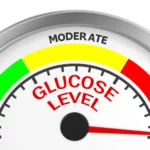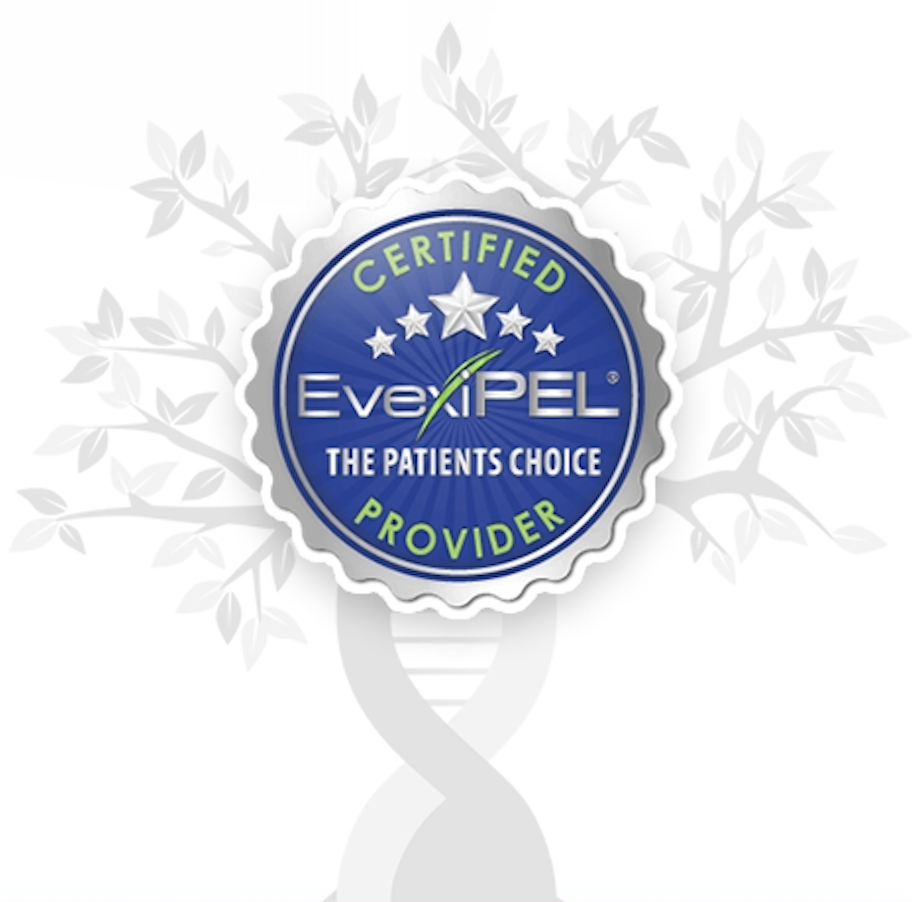
Menu

by
|
The human body changes a lot as it ages, and a lot of those changes are linked to your testosterone and estrogen levels. You may experience changes to cognitive function, mood, sexual function, bone density, energy levels, and other functions.
DHEA, or dehydroepiandrosterone, is one of the hormones created in the adrenal gland and plays a critical role in several of the body’s processes, including the production of other hormones.
DHEA is a critical hormone that typically declines with age and is linked to the development of unwelcome symptoms, diseases, and conditions. While there are a number of DHEA products on the market, this potent hormone should only be supplemented under the care of a qualified and highly-trained practitioner. Discover all the benefits of DHEA and where to find a practitioner certified in developing treatment plans to support hormone balance.
DHEA is a sex hormone created in your body’s adrenal glands. Adrenal hormones are responsible for promoting proper cardiovascular function, distributing stored fat, producing cortisol (the stress response hormone), and more.
The human body develops DHEA until early adulthood, when production peaks in a woman’s mid-to-late teens and a man’s early-to-mid-20s. After that point, its production begins to taper off as you age and begin a steady decline once you reach the age of 70.
DHEA is responsible for a number of different functions in your body. One of its most prominent roles is as a producer of male and female sex hormones, namely testosterone and estrogen. When your body produces less and less DHEA as you age, that affects the production of those other sex hormones. The resulting hormonal imbalance can then have a large impact on your overall health.
Levels of DHEA sulfate (DHEAS) can be measured in your body as a test for certain conditions and diseases. High levels of DHEA may indicate PCOS in women, the presence of adrenal tumors, or congenital adrenal hyperplasia. Low levels of DHEAS may point to Addison disease or hypopituitarism, conditions that affect the adrenal and pituitary glands, respectively.
There are a number of symptoms that may indicate that you are struggling with low levels of DHEA. These symptoms include:
DizzinessNausea and vomitingDehydrationSalt cravingsUnexplained weight loss
Since low levels of DHEA lead to low levels of testosterone and estrogen, you may also experience some symptoms that are often associated with inadequate levels of those hormones. These symptoms may include:
Erectile dysfunction (ED) in menThinning of vaginal tissues in womenReduced libido or sex driveBone lossCognitive decline
There are other symptoms of low DHEA that are not tied to the other sex hormones. If you find yourself increasingly struggling with a depressed mood as you age, it’s not just in your head. Researchhas found that low levels of DHEA can lead to depression in aging men and women.
Low levels of DHEA can also negatively impact other areas of cognitive function. Studies have shown that inadequate levels of DHEA can lead to memory loss and difficulties with focusing. Meanwhile, other studies have connected low levels of DHEA with increased levels of stress. Increased stress levels can then, in turn, cause your other hormone levels to fluctuate and lead to a host of other symptoms.
If you find yourself becoming more susceptible to bone injuries (including fractures), that could also indicate low levels of DHEA. Low levels of DHEA had been connected to the loss of bone density, especially in women.
To find out if your DHEA levels are low, you can get a DHEA sulfate test from a qualified medical practitioner. This test measures the amount of DHEA sulfate in your blood using a standard blood sample. It’s a simple procedure that could shed light on some of the symptoms you may be experiencing as you age.
Some studies have shown that DHEA supplementation has the potential to reduce the effects of depression in aging men and women.
Other studies have shown that DHEA supplementation could improve bone health. In fact, taking DHEA has the potential to reduce the risk of spinal fractures in older women by as much as 30-50 percent.
The most immediate benefit is that DHEA helps to produce testosterone and estrogen. Research has shown that supplementing with DHEA may increase free testosterone levels in middle-aged people. DHEA supplementation has also been found to increase levels of estradiol.
Taking DHEA has even been connected to improving the body’s sensitivity to insulin, as well as reversing the effects of erectile dysfunction in men.
As is the case with any medication, make sure to consult with a highly trained medical professional, like EvexiPEL-certified providers who are highly-trained in hormone therapy and balance, before taking DHEA. There are certain drugs and medical conditions that do not interact well with DHEA supplementation.
EvexiPEL-certified practitioners can help assess your various hormone levels, including DHEA, and curate a lifestyle management plan that utilizes hormone pellet therapy, among other options. The EvexiPEL Method uses hormone pellets, backed by decades of research, that have been designed to provide you with 3 to 6 months of consistent hormonal balance after a quick and comfortable insertion process.
Find an expert practitioner near you today and discover the benefits of hormonal balance from hormone replacement therapy through EvexiPEL.
The post The Facts and Benefits of DHEA appeared first on EVEXIAS Health Solutions.




